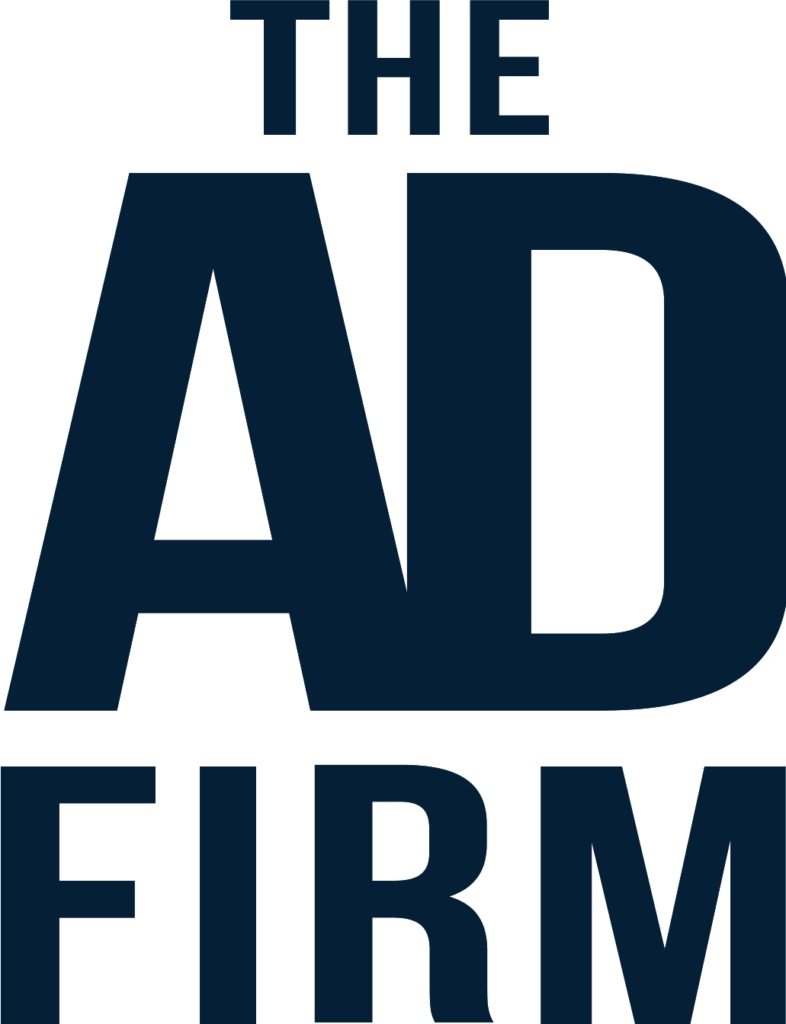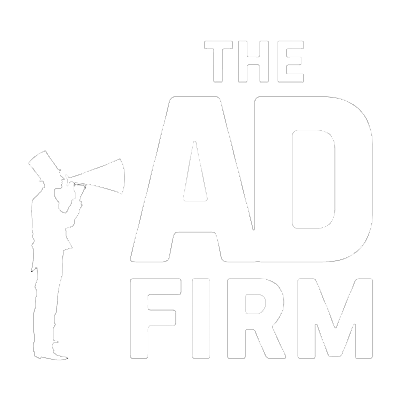AI transforms digital marketing, making campaigns more intelligent, automated, and data-driven. In 2025, businesses that have yet to integrate AI into their marketing strategies are already at a disadvantage.
AI-powered tools are no longer optional; they are essential for optimizing efficiency, enhancing customer experiences, and maximizing return on investment. This guide explores the most effective AI tools and strategies to drive smarter, data-driven marketing.
What Are the Latest Advancements in AI Marketing?
AI marketing now goes beyond automation, enabling real-time data analysis, predictive insights, and advanced personalization. Businesses use AI to refine audience targeting, optimize campaigns, and enhance customer engagement.
With AI-driven personalization, brands deliver tailored content and product recommendations, boosting conversions. Predictive analytics further improves ad performance by anticipating user behavior. Companies that embrace AI gain a competitive edge through smarter segmentation, better budget allocation, and higher ROI.
How AI is Reshaping Digital Marketing?
AI is fundamentally transforming digital marketing by enhancing personalization and delivering real-time insights. Unlike traditional marketing methods that rely on static data and manual adjustments, AI-driven strategies enable businesses to make faster, more informed decisions. Marketers can now automate repetitive tasks such as ad placement, email scheduling, and audience segmentation, freeing time to focus on strategy and creativity.
Key advancements in AI marketing include:
- Dynamic Ad Targeting: AI-driven platforms analyze real-time user behavior to deliver hyper-relevant ads. This ensures that advertisements reach the right audience at the right moment, improving engagement and conversion rates.
- AI-Powered Chatbots and Virtual Assistants: These tools provide instant, context-aware responses to customer inquiries, improving user experience and increasing retention. They also streamline lead generation and customer support by handling routine questions and directing users to appropriate solutions.
- Advanced AI Analytics: AI-based tools track website traffic, monitor user behavior, and analyze campaign performance. They provide actionable insights that allow businesses to refine their marketing strategies, allocate budgets more effectively, and optimize content for higher engagement.
By integrating AI into digital marketing, businesses can create highly personalized experiences, improve ad efficiency, and make data-driven decisions that maximize ROI.
What Are the Key AI Technologies Powering Modern Marketing?
A combination of machine learning (ML), natural language processing (NLP), and predictive analytics has enabled rapid advancements in AI. These core technologies enable businesses to optimize customer interactions, improve content strategies, and drive more effective campaigns.
- Machine Learning (ML): AI continuously learns from user interactions, campaign data, and historical performance to refine marketing strategies over time. ML-driven algorithms improve audience segmentation, ad targeting, and personalization, ensuring that marketing efforts become more effective with each iteration.
- Natural Language Processing (NLP): AI can analyze vast amounts of text data, including social media conversations, reviews, and customer feedback, to gauge sentiment and improve engagement strategies. NLP also powers chatbots, voice search optimization, and AI-generated content suggestions.
- Predictive Analytics: AI can forecast customer behavior based on past interactions, helping businesses anticipate needs and tailor messaging accordingly. By leveraging predictive analytics, marketers can identify high-value leads, optimize product recommendations, and create more targeted promotions.
These technologies work together to create a marketing ecosystem that is smarter, more adaptive, and highly efficient. Businesses that embrace AI-powered marketing tools gain a competitive advantage by staying ahead of consumer trends and delivering precisely what their audience needs.
Choosing the Right AI Tools for Your Business Needs
Not all AI tools offer the same capabilities, and selecting the right one depends on your marketing goals, operational needs, and scalability. An AI tool that works well for eCommerce SEO may not be the best fit for small business SEO. The key is to choose solutions that align with your objectives and integrate smoothly with your existing systems.
Identifying AI Tools for Specific Marketing Goals
AI-powered tools have reshaped digital marketing by automating complex processes, improving targeting, and optimizing content strategies. However, businesses must select AI solutions that cater to their distinct marketing needs rather than opting for generic, one-size-fits-all platforms.
- SEO and Content Creation: AI-powered platforms enhance keyword research, optimize content structure, and generate SEO-friendly blog posts. Businesses offering local SEO services can leverage AI to track location-based search trends, optimize content for voice search, and improve Google My Business listings.
- Programmatic Advertising: AI automates paid ad placements and dynamically adjusts bidding strategies to maximize visibility and conversions. This is particularly valuable for businesses focusing on eCommerce SEO, where AI can refine ad targeting and placement strategies to reach the most relevant customers.
- Customer Segmentation and Personalization: AI tools analyze browsing patterns, purchase history, and user behavior to create highly targeted advertising campaigns. For example, Shopify SEO strategies use AI to customize product recommendations, retarget potential buyers, and refine ad audiences based on real-time data.
Selecting AI tools that match specific marketing objectives ensures that businesses maximize efficiency while delivering more relevant and personalized customer experiences.
How Can AI Solutions Be Evaluated for Scalability and Integration?
For AI tools to be truly effective, they must integrate smoothly with CRM platforms, CMS systems, and marketing automation tools. Businesses investing in WordPress SEO services or enterprise-level marketing require AI solutions that scale effortlessly as their operations grow. The right tools enhance website performance by automating audits, refining metadata, and improving internal linking for better search rankings.
Scalable AI solutions should also provide real-time analytics and adapt to evolving search algorithms. Generative Engine Optimization ensures AI-driven content remains relevant and high-quality, improving search visibility over time. By selecting AI tools with seamless integration and strong scalability, businesses can future-proof their marketing strategies and enhance long-term efficiency.
Future Trends in AI Marketing and Ethical Considerations
AI-driven marketing continues to evolve, introducing new opportunities while also posing ethical challenges. Businesses that embrace these innovations while maintaining responsible AI practices will gain a competitive edge. Understanding the next phase of AI in marketing ensures organizations stay ahead of the curve while prioritizing transparency, fairness, and consumer trust.
How AI Will Shape the Next Era of Digital Marketing?
The future of AI marketing will be defined by hyper-automation, deeper integration with voice search, and more sophisticated social media strategies. AI will streamline workflows and enhance personalization, making marketing campaigns more precise and effective.
- AI-Powered eCommerce SEO: AI tools will refine eCommerce websites by automatically adjusting product descriptions, optimizing meta tags, and personalizing search results for shoppers based on browsing behavior. These advancements will help online stores improve visibility and conversion rates.
- Voice Search Optimization: AI will drive content optimization for smart assistants like Alexa, Google Assistant, and Siri. Businesses leveraging local SEO services will need to optimize for conversational queries, ensuring their content aligns with natural language search patterns.
- AI in Social Media Marketing: Advanced AI tools will refine influencer marketing strategies by analyzing audience engagement, sentiment, and authenticity. AI will identify the most relevant brand ambassadors and recommend personalized content strategies for maximum impact.
These trends signal a shift toward more innovative, autonomous marketing campaigns that adapt to user behavior and search algorithms in real time.
Ethical AI Use in Marketing: Balancing Innovation with Responsibility
As AI becomes more embedded in marketing, ethical considerations must remain a top priority. Responsible AI implementation is essential to maintaining brand credibility and consumer trust, from privacy regulations to bias mitigation.
- Data Privacy and Transparency: Businesses must comply with evolving data protection laws, ensuring AI-driven marketing respects user privacy. AI tools should communicate data collection policies and allow consumers to control their information.
- Authenticity in AI-Generated Content: AI-powered tools assist with content creation, but businesses must ensure that AI-generated material remains accurate, reliable, and aligned with brand values. Ethical marketing agency practices prioritize authenticity over mass-produced AI-generated content.
- Mitigating AI Bias: Machine learning algorithms can unintentionally reflect biases in data sets, leading to skewed marketing insights or unfair targeting practices. Businesses must continuously audit AI-driven decisions to ensure inclusivity and fairness in advertising.
By prioritizing ethical AI use, businesses can build long-term trust with consumers while benefiting from AI’s efficiency and innovation. Responsible AI adoption ensures sustainable marketing practices that align with legal standards and customer expectations.
The Competitive Advantage of AI in 2025
Businesses that fully integrate AI into SEO, content marketing, automation, and predictive analytics will gain a significant competitive edge. Whether optimizing local SEO services or scaling enterprise-level digital strategies, AI enhances every aspect of marketing by delivering faster insights, deeper personalization, and higher efficiency. The brands that embrace AI-driven solutions today will lead their industries tomorrow.
Stay Ahead with AI-Powered Marketing
Don’t let your competitors outpace you. AI is transforming the digital landscape and businesses that fail to adapt risk falling behind. At The Ad Firm, we specialize in AI-driven marketing solutions that fuel growth, engagement, and ROI.
Our expertise ensures your business keeps up with the latest AI advancements and leverages them to dominate your market. Let’s future-proof your marketing. Contact The Ad Firm today and take the lead in 2025.











